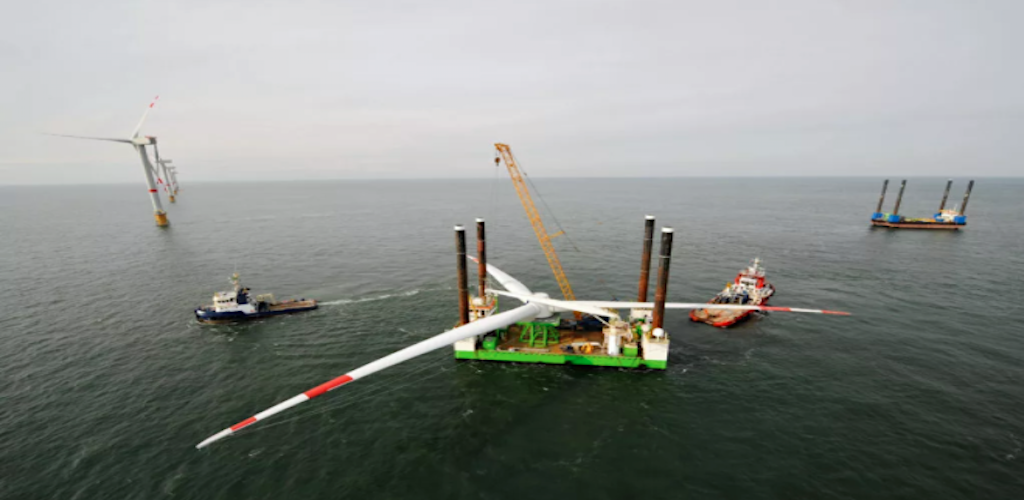Aug 31 | 2020
(Europe) Support for Wider Investment

The UK government has revised down its estimates for the "levelized cost" of wind and solar, paving the way for major new investment in offshore projects.
New data published by the Department for Business, Energy and Industrial Strategy (BEIS) shows that electricity generated from wind and solar is 30 percent to 50 percent cheaper than previously calculated, with offshore wind driving major savings.
“Since 2016, renewables costs have declined compared to gas, particularly steeply in the case of offshore wind. Across the renewable technologies, increased deployment has led to decreased costs via learning, which has then incentivised further deployment, and so on,” BEIS said in its report.
The UK is home to seven of the top 10 largest offshore wind projects in the world, with about 35 percent of global offshore wind capacity constructed in its offshore waters.
Significant Technological Improvements
Demand for breakbulk activity in the offshore wind sector has risen sharply in recent years, and lower costs are likely to spur further investment.
“For offshore wind, significant technological improvements (for example, large increases in individual turbine capacity) have driven down costs faster than other renewable technologies (and will continue to do so). Lower hurdle rates have also contributed to the decline in renewables costs,” the BEIS states.
The BEIS analysis also suggests that improvements in breakbulk transport and installation of components, particularly complex offshore wind turbines, has greatly impacted cost and encouraged investment by reducing timescales.
Grid Adjusts to Covdi-19 Lockdowns
The findings are particularly significant as a study by Imperial College London and energy firm Drax suggested that Covid-19 lockdown measures have accelerated reliance on renewable power this year.
"The past few months have given the country a glimpse into the future for our power system, with higher levels of renewable energy and lower demand make for a difficult balancing act … To help the country decarbonize further, it is vital that flexible technologies which provide power and system stability play an increasing role in our grid." said Iain Staffell, from Imperial College London..
The findings show that electricity demand plummeted during the period April to June and, renewable electricity took up its highest ever share of the energy mix.
Subscribe to BreakbulkONE and receive more industry stories and updates around impact of COVID-19.
